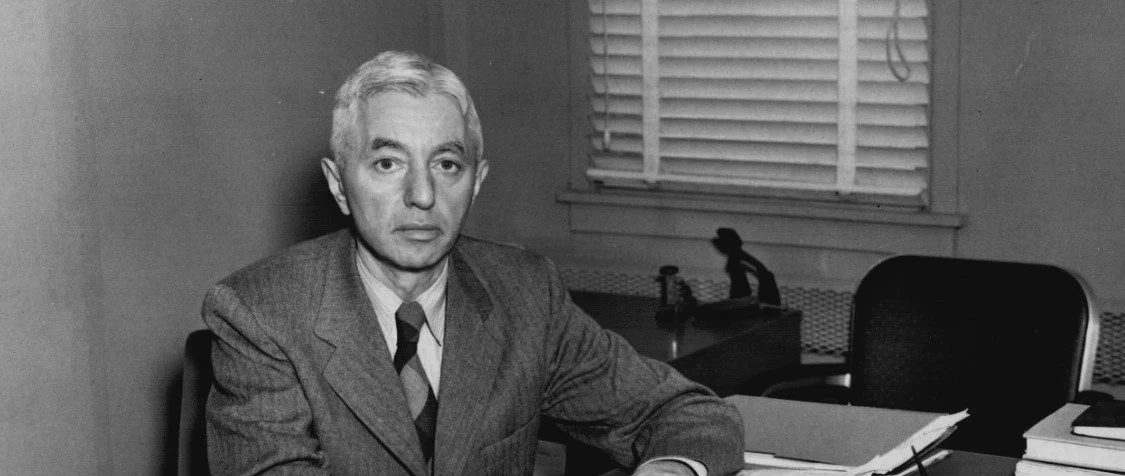Veterans Day came about at the end of a great war—one which was “the war to end all wars”. Of course, we are talking about November 11, 1918, the end date of World War I. Little did we know at the time the horrors of war that remained for the coming century. President Woodrow Wilson said at the time, “To us in America, the reflections of Armistice Day will be filled with solemn pride in the heroism of those who died in the country’s service and with gratitude for the victory, both because of the thing from which it has freed us and because of the opportunity it has given America to show her sympathy with peace and justice in the councils of the nations…”[1] Veterans Day as it was originally conceived would be a day of celebration, with parades and public meetings and fireworks.
How does one really honor another? Today, many wars later, we give honor to those who have defended our country. Honor means to hold with high respect or great esteem. On Veterans Day, we honor to those specifically who have served in the armed forces. But have you ever wondered how, exactly, you honor someone? Consider these means of honoring veterans today:
Pay a compliment. When you meet a veteran today, pay them a compliment. Thank them for their service and guarding America’s freedoms. The phrase “thank you for your service” is distinctly American—other countries do not say this to their veterans. But go beyond a thank you—if you are able offer veterans discounts, special programs or perks. Look for ways to tangibly demonstrate you “support the troops.”
Veterans Day honors all who are alive and serving in the military or who have served. Memorial Day, on the other hand, honors those who have died in military service. Photo: Shutterstock
Treat veterans with respect. Even if you disagree with policies or circumstances that led us to war, veterans deserve and should be treated with respect. Avoid name-calling or other remarks that disparage their service. Remember, the military serves in the interests of the country. Politicians and policies come and go, but the nation herself is always worth defending.
Be patient and understanding. Following the Vietnam conflict, many servicemembers came home to ridicule and riots. Worse, many suffered trauma during wartime that went untreated. The truth is we just don’t know what the average veteran has done through during their time of service, so patience and understanding are two things we can offer them that they deserve as a response to their sacrifices.
Start a conversation, ask questions. Did you know that less than 1% of Americans have served in the Armed Forces? That makes it likely that you have not served, nor even have a family member that served. It is appropriate to get to know servicemen and women. Ask questions like how long they served, what did they do, why they chose their branch of service, the countries they visited, and how their family is doing. However, it is important to avoid inappropriate questions. Never ask if they have killed anyone, if they agree with their Commander-in-Chief (the President), or about bad things that happened to them.
Listen and encourage. Army veteran Ryan Kules comments, “Far too often, people assume a level of familiarity with former military that not only breeches proper office conduct but also invades one’s ‘personal space’.”[2] Many veterans’ experiences during wartime are terrible or traumatic. Veterans Day is not designed for servicemembers to relive or recall these moments. Look at Veterans Day as an opportunity instead to encourage veterans, and to listen to them as they share parts of their lives and service they are comfortable revealing.
The raising of the flag on Iwo Jima is a pivotal moment in military history. Images like this, along with memorials erected, honor veterans of our many battles and wars. Photo: US Marines
Help others, show compassion. Perhaps the greatest means by which you can honor veterans is to participate in opportunities for serving others. Look at the needs in your own community, and within reach of your sphere of influence. With the service of veterans in mind, consider how you, too, might offer service for the benefit of the community. While the military may respond to a threat with armor and guns, they also provide humanitarian aid and relief in many war-torn parts of the world.[3]
Have an open mind and heart. No matter your personal beliefs regarding military service, it is a vital and necessary area within the total scope of our culture. Over the years, celebrations linking “God and country” have largely faded, with religious celebrations seldom crossing the cultural divide as they once may have. Remember though that the heart of Veterans Day is to honor people, not policy or outcomes.
In all these ways, you honor those who currently serve and have served. Remember that Veterans Day honors the service of all military veterans—active duty, reserves, retired, or simply discharged. It is Memorial Day that honors those who have died while in the military, and Armed Forces Day which honors those currently serving in the military. To all of our veterans, today we join millions across our nation in saying, sincerely, thank you for your service.











A creed is a formal statement of essential beliefs. The word “creed” comes from the Latin “credo” meaning, “I believe.” You can adopt The Brothers’ Creed as a statement of belief for your Men’s Table.